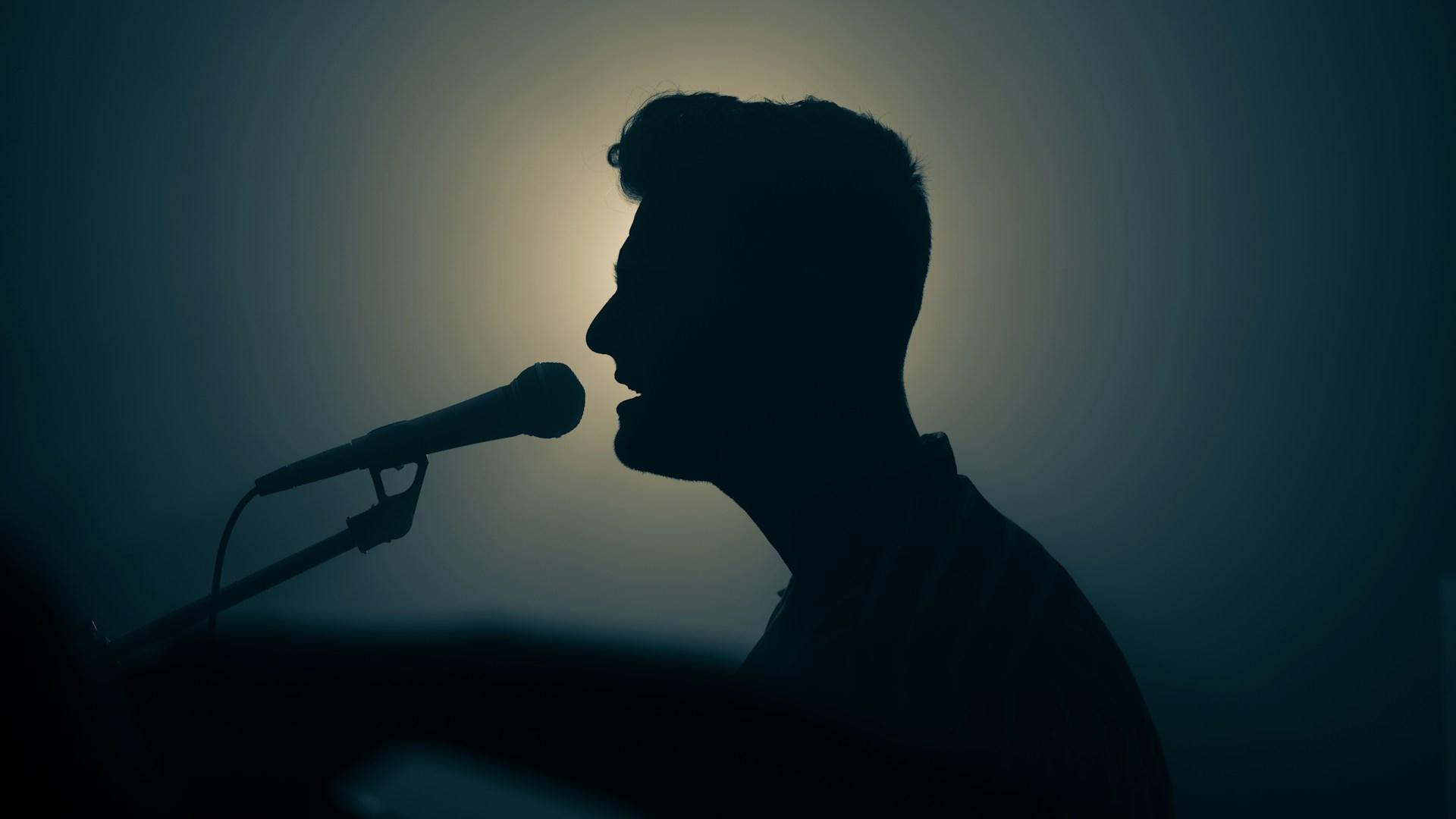It's official: Ireland has finally qualified for Eurovision again.
The entry, "Doomsday Blue", performed by Bambie Thug, means that Ireland has a chance of winning the competition again and taking an eighth victory, becoming the most successful country at the contest rather than having to share the title with Sweden.
So how did it come to be that Ireland became so successful at Eurovision, why has it been so long since it's had any success, and is 2024 Ireland's year?

Ireland's Early History at Eurovision
When Eurovision first started in 1956, only seven countries participated: Belgium, France, Germany, Italy, Luxembourg, the Netherlands, and Switzerland.
There were 14 entries in total, as every country at the competition had two songs, with one of Switzerland's entries winning the contest.
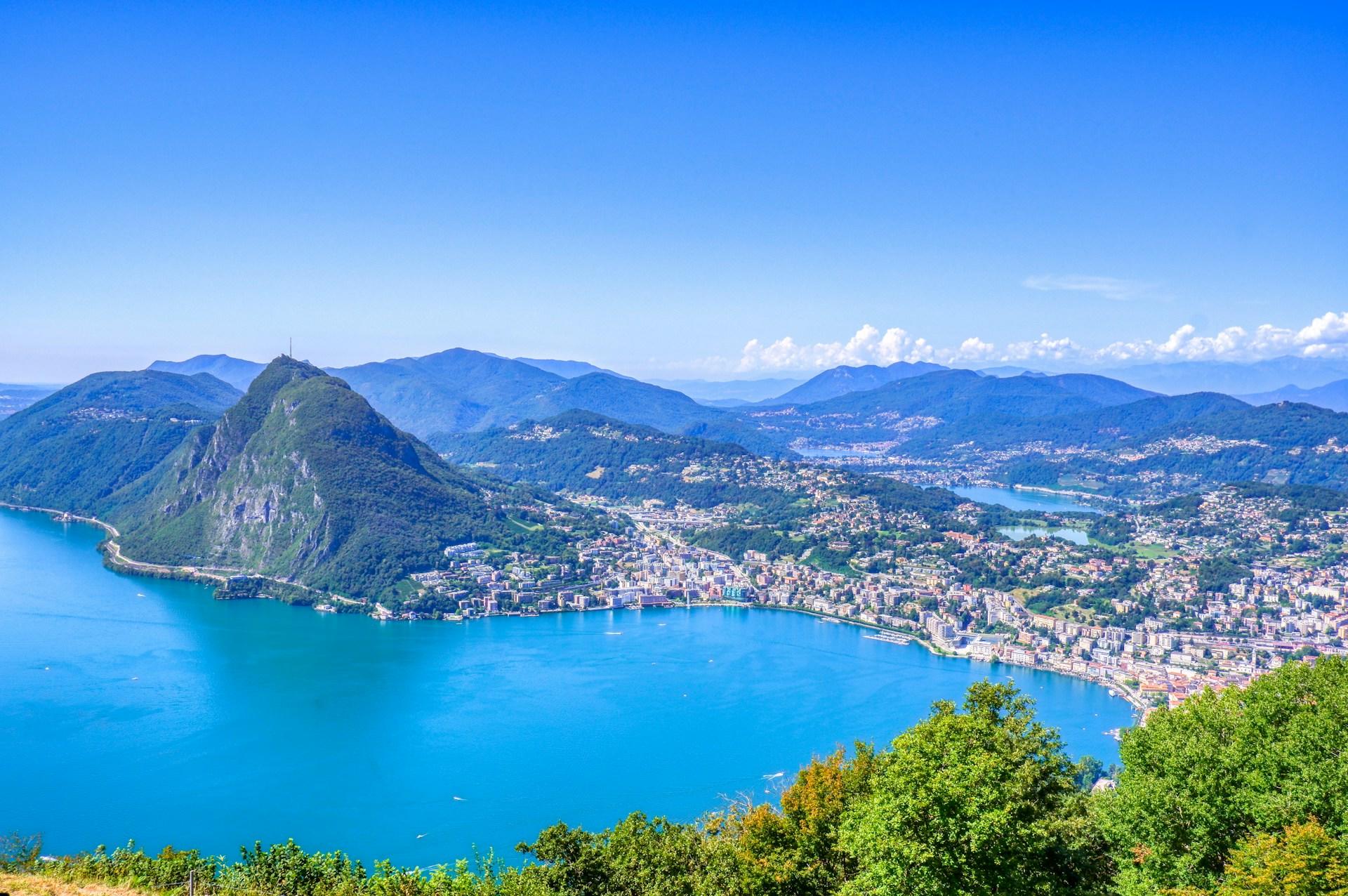
Austria, Denmark and the UK joined for the 1957 contest. Sweden made its first appearance in 1958 and Monaco in 1959.
During the 1960s, the Eurovision Song Contest started to feature a broader range of countries. Norway debuted in 1960, with Finland, Spain, and Yugoslavia first appearing in 1961.
Portugal's first appearance was in 1964 when the country placed last.
Finally, nearly a decade after the first show, Ireland debuted in 1965. The contest was held in Naples, Italy. The song "Non ho l'età" performed by Gigliola Cinquetti won the contest in 1964.
Ireland performed well with Butch Moore's "I'm Walking the Streets in the Rain", coming sixth in the contest.
Next year, Dickie Rock with "Come Back to Stay" came 4th in Luxembourg City. Sean Dunphy's "If I Could Choose" placed 2nd in 1967.
Ireland at Eurovision in the 1970s: Ireland's First Victory
Ireland's entries in 1968 and 1969 came in fourth and seventh place, respectively. Still, the 1970s started brightly with Dana's performance of "All Kinds of Everything," which won the contest in Amsterdam.
Dana was still in school then, but the victory launched her music career. Since then, she's recorded many albums and, in the 1990s, moved into politics.
Ireland appeared in every Eurovision Song Contest during the 1970s. After the victory in 1970, 3rd place for The Swarbriggs Plus Two with "It's Nice to Be in Love Again" was the next best performance.
Ireland at the Eurovision Song Contest in the 1980s: Completing the Hattrick
Ireland started another decade at Eurovision with a win. Johnny Logan with “What's Another Year?”.
Ireland won the Eurovision Song Contest for the second time in the Netherlands, this time in the Hague rather than Amsterdam.
Ireland's fortunes in the 1980s were better, and in 1984, "Terminal 3," performed by Linda Martin, came second. The song was written by Johnny Logan, the winner of the 1980 contest!
Johnny came back to perform in 1987. After winning with "Hold Me Now," he became the first performer to win the contest twice!
The only other performer to have won twice was Sweden's Loreen, who won in 2012 and 2023.
Several songwriters have won the contest multiple times, including Johnny.

Ireland at the Eurovision Song Contest in the 1990s: Unmatched Success
Ireland went from strength to strength in the Eurovision Song Contest in the 1990s.
In 1990, they nearly replicated starting the decade with a victory, but Liam Reilly, with "Somewhere in Europe," came in second.
In 1992, Johnny Logan and Linda Martin teamed up again, with Logan writing and Martin performing. The song “Why Me?” won the contest in Sweden.
Nowadays, the two countries are the most successful at Eurovision, and we can't help but feel that when Sweden won for the third time in 1991, Ireland couldn't let that stand!
With 4 victories, Ireland moved ahead of Sweden.
Next year, the Eurovision Song Contest was in Cork. Rather than returning the favour of their gracious hosts the previous year, Ireland won again. Niamh Kavanagh with “In Your Eyes” made it two wins in a row.
Only Spain (in 1968 and 1969), Luxembourg (in 1972 and 1973), and Israel (in 1978 and 1979) have won the competition two years in a row. Since the winner hosts the following Eurovision (at least during these eras), these countries are also in a select group to have won in their own countries.
Ireland did one better than that, though. The following year, Eurovision was back in Ireland and being hosted in Dublin. The 1994 Eurovision Song Contest was also won by Ireland, with Paul Harrington and Charlie McGettigan, with "Rock 'n' Roll Kids" finishing miles ahead of the rest of the competition.
The contest was held in Dublin again in 1995. Ireland's entry placed 14th. With Norway winning, the contest went to Oslo in 1996.
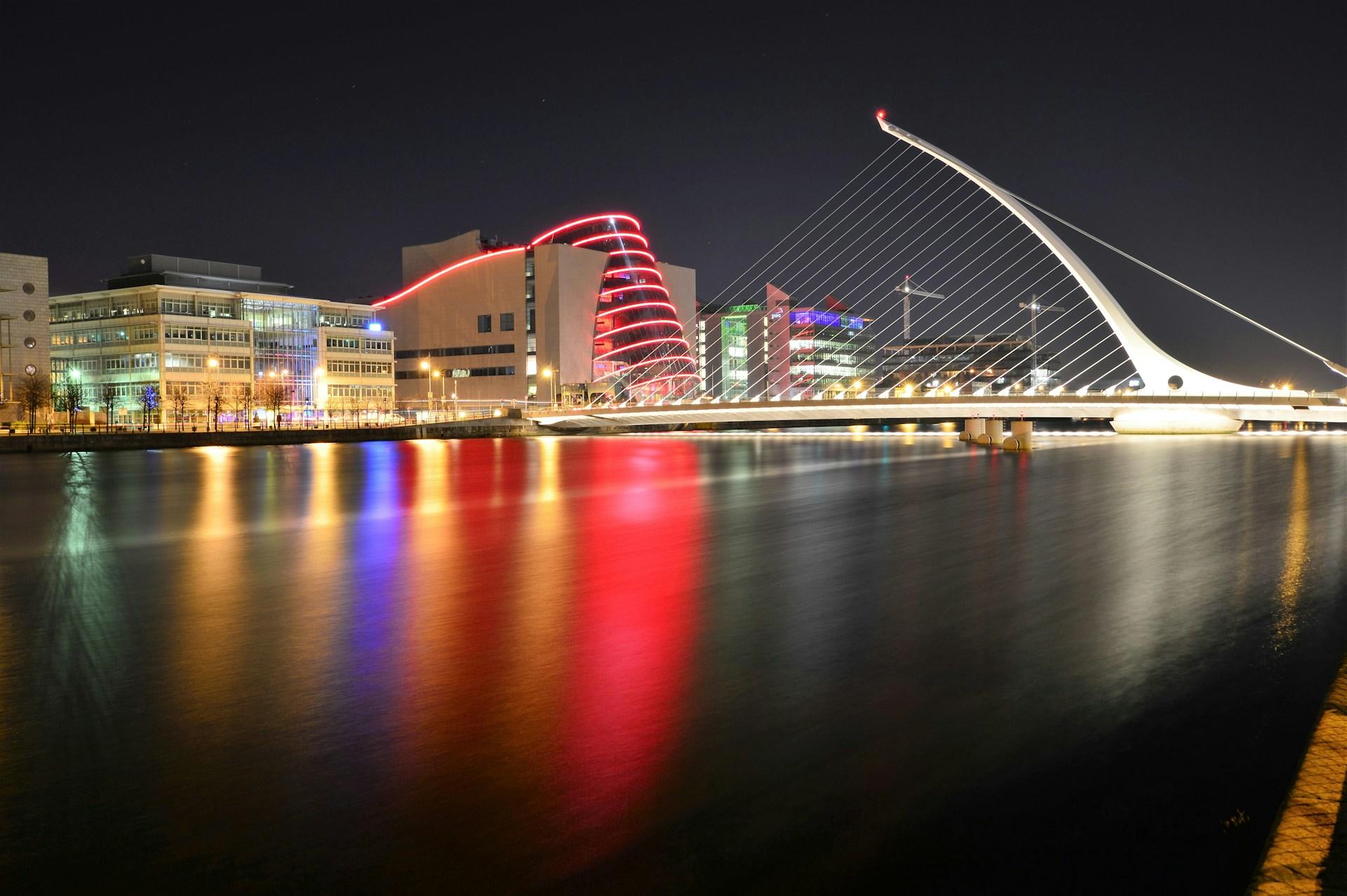
Ireland came second in the 1996 qualifying round and went on to win the whole contest! Four wins in five years. Eimear Quinn, with "The Voice," firmly established Ireland as a giant within Eurovision.
At the start of the decade, Ireland had won three times, but by 1996, with seven victories, they were two wins clear of any other country, with many of those countries not having seen any real success for decades.
In 1997, Marc Roberts with “Mysterious Woman” came second and made it another double in Dublin.
However, since Ireland's many Eurovision victories, especially in the 1990s, Ireland's fortunes have changed quite dramatically.
Ireland at the Eurovision Song Contest in the 2000s: Ireland Struggles
Ireland failed to replicate the successes of the 1990s during the 2000s, and at Eurovision, its best result was 6th place in 2000.
The worst performances were undoubtedly in 2005 when Donna and Joe failed to qualify with “Love?”. Ireland also failed to qualify in 2008 and 2009, which might have been a relief since the 2007 entry “They Can't Stop the Spring” by Dervish finished in last place.
Cheekily and perhaps optimistically, the 2008 entry was called “Irelande Douze Pointe” and performed by the puppet Dustin the Turkey.
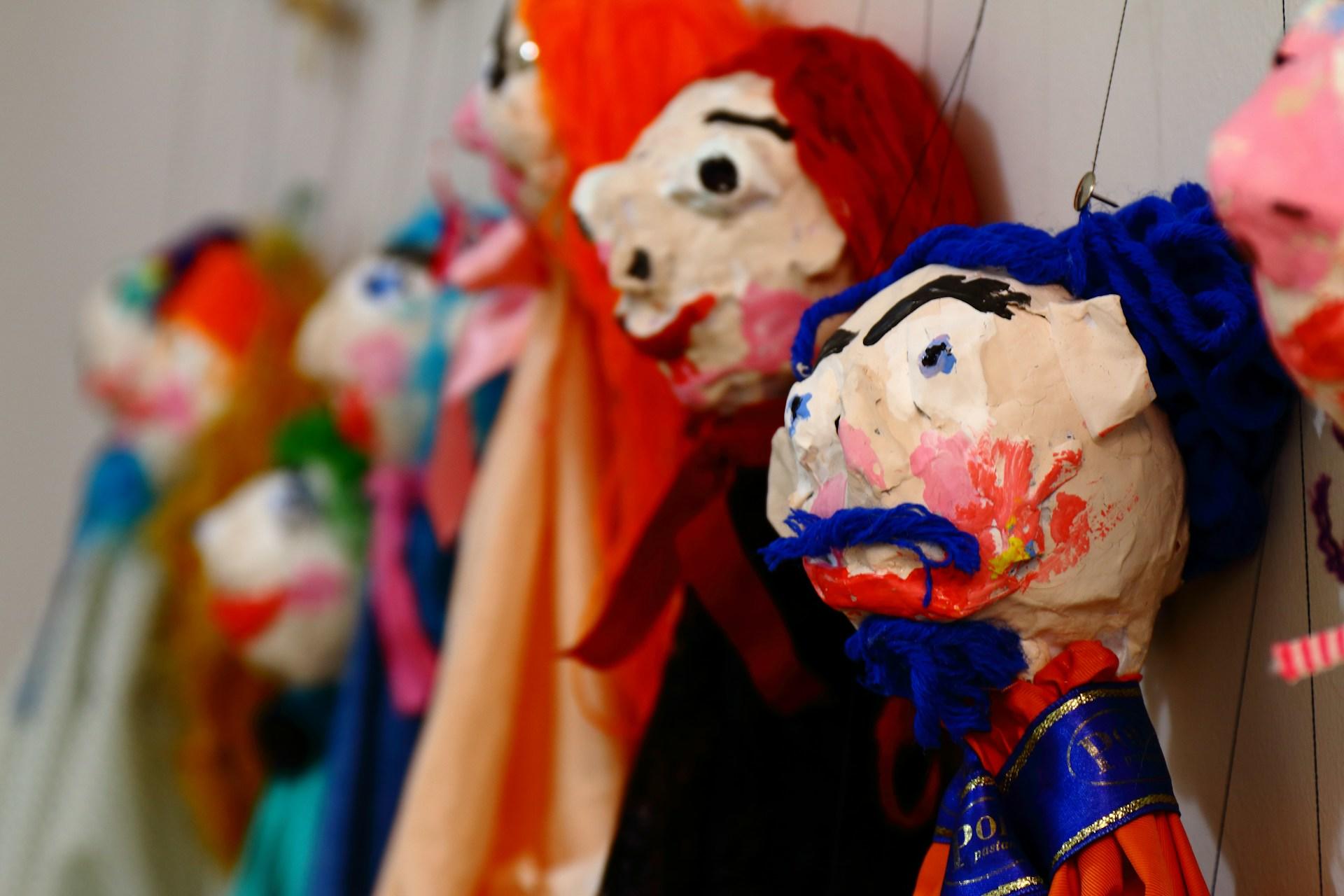
During this time, it seems that Ireland was happy to try anything to replicate success at Eurovision, or maybe the country had fallen out of love with the contest altogether.
Ireland at the Eurovision Song Contest in the 2010s: From Bad to Worse
In 2010, Niamh Kavanagh was back with “It's for You” to hopefully replicate her earlier success with “In Your Eyes”.
She qualified for the contest, finishing 9th in the semi-finals. At the finals, she finished 23rd out of 25 countries, only outperforming Belarus and the United Kingdom.
Ireland sent Jedward to Eurovision for the following two events. The pop duo had been popular during the sixth series of the British reality TV show The X Factor.
Jedward finished 8th in 2011 with “Lipstick” and 19th in 2012 with “Waterline”. They didn't represent Ireland at Eurovision again.
2013 Ireland did even worse than Jedward, finishing last with Ryan Dolan and "Only Love Survives".
Could things get worse than last place and Jedward? Yes.
Between 2014 and 2017, Ireland never qualified for Eurovision. In 2018, however, it qualified for the first time in five years, finishing 16th with Ryan O'Shaughnessy's song "Together."
Ireland missed out on the following four Eurovision Song Contests, with Lesley Roy, who'd been unable to compete in 2020 due to the contest being cancelled due to the COVID-19 pandemic, finishing last in the semi-finals.
Ireland at the Eurovision Song Contest in the 2024
Having qualified for Eurovision just once in the last 10 years doesn't look good for the contest's most successful country.
This is made even worse by the fact that Sweden won last year. Sweden will host the competition on the 50th anniversary of ABBA's iconic victory with "Waterloo."
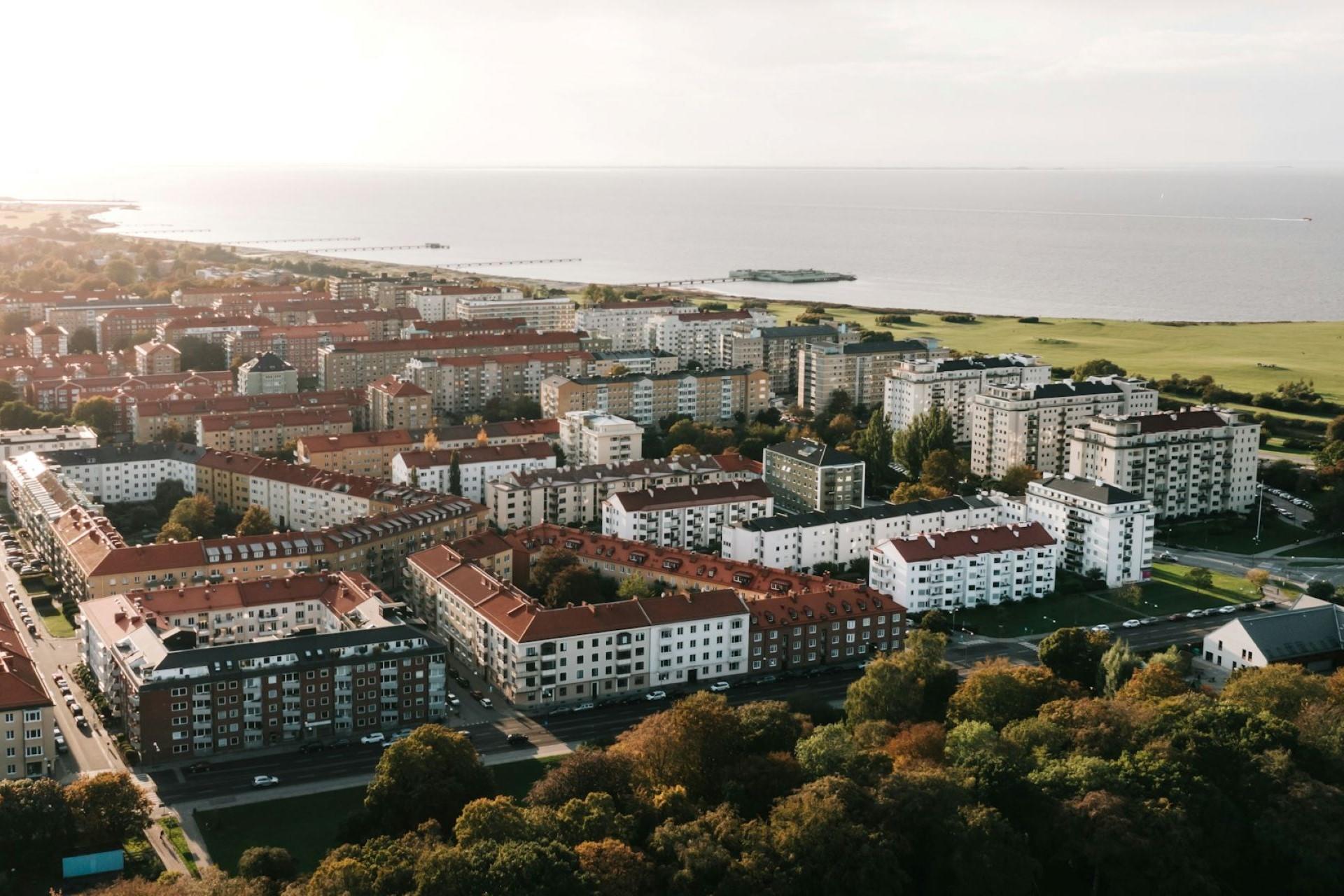
Maybe Ireland's luck has changed. Bambie Thug, who the media has dubbed a "goth gremlin," has made it to the final. Admittedly, Ireland's entry only came 9th out of the 10 acts that qualified, but Bambie Thug has qualified, and that's the important thing.
The artist has described the song "Doomsday Blue" as "an electro-metal breakdown." While quite different from many of Ireland's other entries throughout the years, perhaps it's exactly the kind of change Ireland needs to win Eurovision again.
According to the bookmakers, though, it doesn't look likely. At the time of writing, Croatia is the bookies' favourite. Switzerland is also in with a shout, and Italy's Angelina Mango's song "La Noia" is expected to do well. Ireland's entry is up there, with certain bookies putting it as the fifth most likely act to win.
It wouldn't be a safe bet to win, but if you felt like taking a risk, Bambie Thug might have the kind of outsider appeal that can sometimes surprise us at Eurovision.
After all, this is Eurovision, and every so often, unpredictable things happen.
Could Ireland be back? Could this be the country's 8th victory at the Eurovision Song Contest?
We'll find out on Saturday, May 11th, live in Malmo, Sweden, and at watch parties across Europe and the world!
Summarise with AI:

